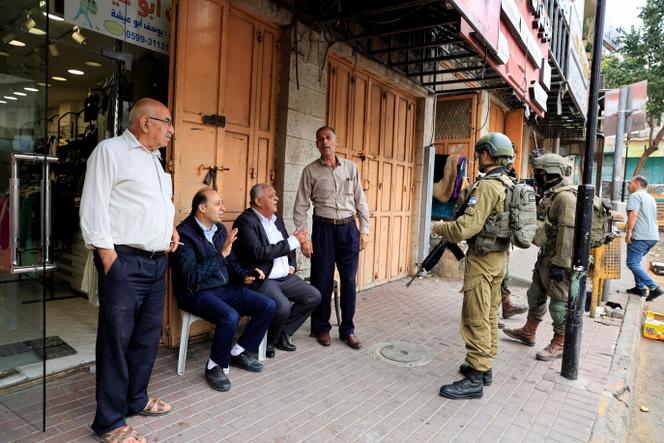


French President Emmanuel Macron warned on Thursday, October 9, that expanding Israeli settlements threatened a Palestinian state and US-led peace efforts, as France hosted Arab and European ministers to find ways to boost the Palestinians after a Gaza ceasefire deal was announced.
Macron hailed the ceasefire deal as a "great hope" for the region, but said the "acceleration" of settlement construction in the occupied West Bank was an "existential threat" to a Palestinian state. It was "not only unacceptable and contrary to international law" but "fuels tensions, violence and instability," he said in opening remarks to the meeting in Paris. "It fundamentally contradicts the American plan and our collective ambition for a peaceful region."
Israel and Hamas earlier agreed on a Gaza ceasefire deal to free the remaining living Israeli hostages held by the Palestinian militant group. It is being seen as a major step towards ending a war that has killed tens of thousands of people and unleashed a humanitarian catastrophe.
The deal brokered through indirect talks in the Egyptian resort of Sharm el-Sheikh came two years after the October 7, 2023, attack by Hamas on Israel, which triggered a relentless retaliatory assault on Hamas-ruled Gaza.
While Europe has strongly supported the ceasefire efforts led by US President Donald Trump, Washington and several European countries are at odds over whether it is the right moment to recognize a Palestinian state.
Macron, in a September 22 speech at the United Nations, recognized a Palestinian state on the heels of similar announcements by Canada, Portugal and the United Kingdom.
The Paris meeting brought together the top diplomats of five key Arab states − Egypt, Jordan, Saudi Arabia, Qatar and the United Arab Emirates − with European counterparts from France, Italy, Germany, Spain and the UK.
Turkey and the European Union were also represented.
"A ceasefire is not yet a lasting peace," said French Foreign Minister Jean-Noël Barrot. "It is the first step on a long road to a political solution that will guarantee Israel's security while recognizing the legitimate rights of the Palestinians to a state."
France is hoping that backing up its recognition of a Palestinian state by discussing what happens the "day after" the war ends can boost the prospects of a two-state solution, which Paris still regards as the sole chance for long-term regional peace. The ministers discussed participating in the International Stabilization Force evoked by Trump as part of his peace plan and support for the Palestinian Authority which runs the occupied West Bank.
Before the ceasefire deal was announced, the Paris meeting had angered Israel, further straining French-Israeli relations in the wake of Macron's recognition of a Palestinian state.
Israeli Foreign Minister Gideon Saar had in a message on X denounced the "unnecessary and harmful" meeting "concocted behind Israel's back" at the sensitive moment of the negotiations in Sharm el-Sheikh.
